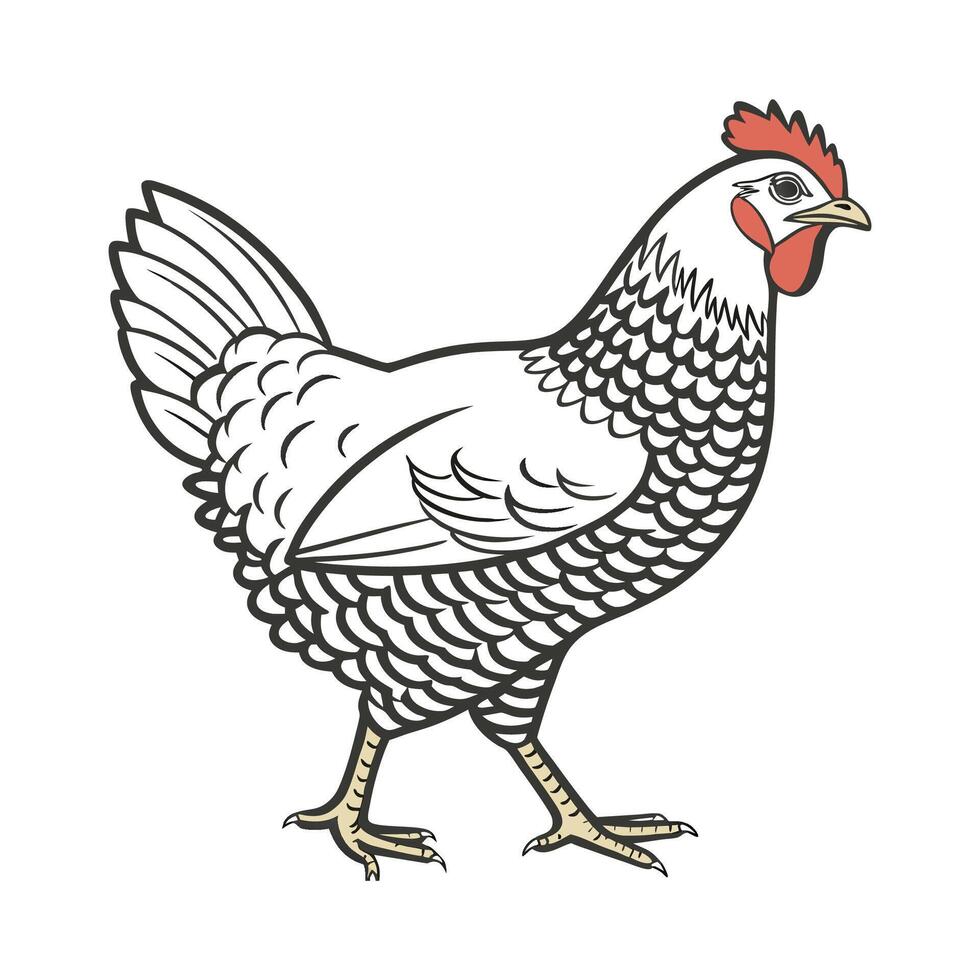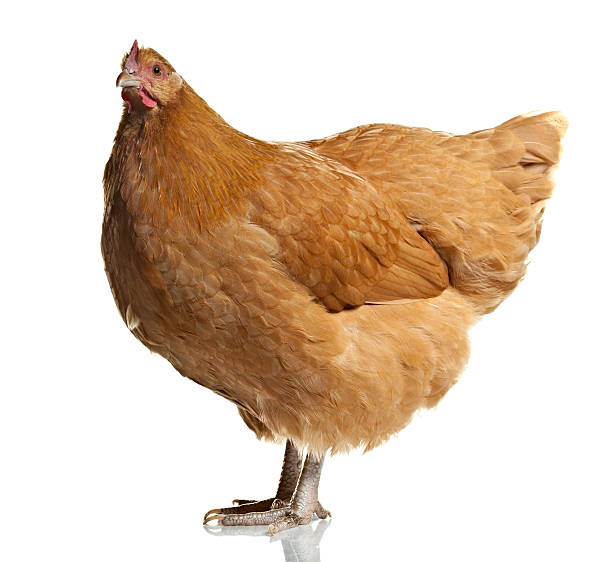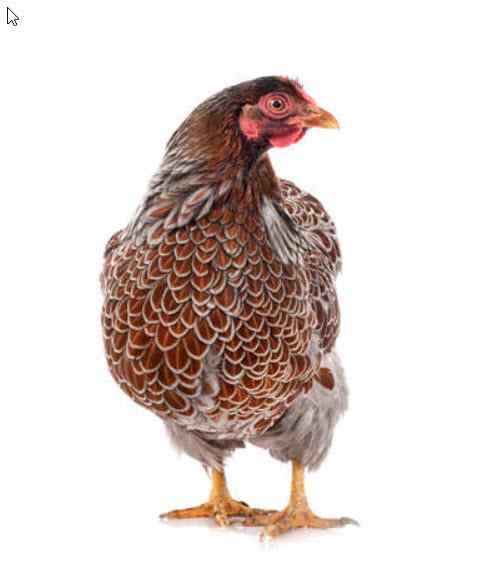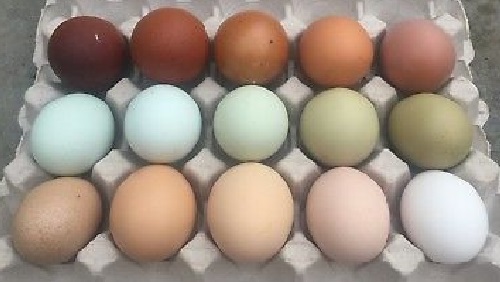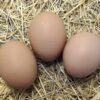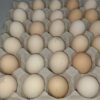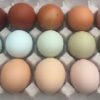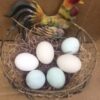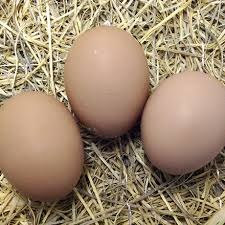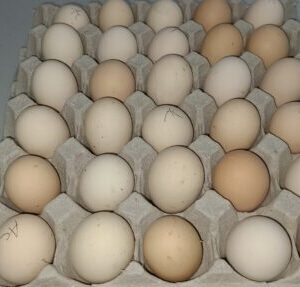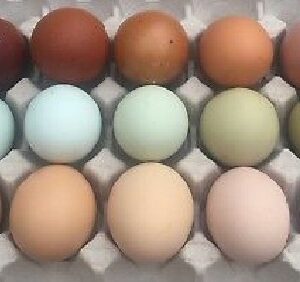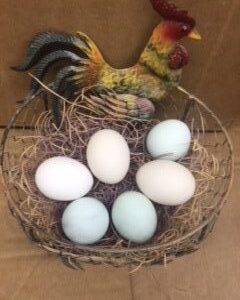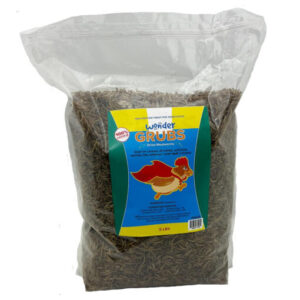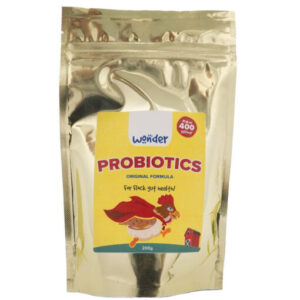Assorted Chicken Hatching Eggs
A Delightful Start to Backyard Farming
Raising chickens has seen a resurgence in recent years, as more people turn to backyard farming for sustainability, fresh eggs, and a closer connection to their food. One exciting and rewarding way to begin your journey with poultry is through assorted chicken hatching eggs. These eggs offer a unique experience for hobbyists and serious breeders alike, bringing variety, surprise, and the joy of life to your coop.
What Are Assorted Chicken Hatching Eggs?
Assorted chicken hatching eggs are collections of fertilized eggs from different chicken breeds. Unlike uniform batches of a single breed, assortments typically include a mix—such as Rhode Island Reds, Orpingtons, Australorps, Barred Rocks, Easter Eggers, and more—depending on the supplier. This mix results in a diverse group of chicks that vary in appearance, egg-laying ability, temperament, and purpose (meat, eggs, or dual-purpose).
Benefits of Choosing Assorted Eggs
1. Genetic Diversity
One of the biggest advantages of assorted eggs is the increased genetic variety. This reduces the risk of inherited health issues and creates a more resilient flock.
2. Colorful Egg Baskets
Different breeds lay different colored eggs, from classic brown and white to blue, green, and even olive. A mixed flock often results in a colorful and visually stunning egg basket.
3. Personality Variety
Each chicken breed comes with its own set of behaviors and quirks. Some are friendly and ideal for families, while others are more independent or excellent foragers. Assorted eggs bring a range of personalities that make your flock more interesting and engaging.
4. Learning Experience
For educators, families, or hobbyists, hatching assorted eggs is a valuable educational experience. Watching the differences in growth rates, plumage, and behavior helps deepen your understanding of poultry.
What to Expect During Incubation
Incubating chicken eggs takes approximately 21 days under the right conditions. Here’s what you’ll need:
-
Incubator: Maintain a steady temperature of around 99.5°F (37.5°C) and 45-55% humidity, increasing humidity to 65-70% during the last few days.
-
Turning: Eggs should be turned several times a day to prevent the embryo from sticking to the shell.
-
Candle Checking: After 7-10 days, you can candle the eggs (shine a light through them) to check for embryo development.
Because you’re dealing with assorted breeds, you may notice slight variations in hatch times, chick size, and appearance.
Post-Hatch Considerations
After your chicks hatch, prepare a warm, clean brooder with:
-
A heat source (around 95°F for the first week, decreasing by 5°F each week)
-
Fresh water and chick starter feed
-
Clean bedding (avoid slippery surfaces)
As the chicks grow, their unique characteristics will start to show—some may feather out faster, others may be more vocal or curious.
Where to Buy Assorted Hatching Eggs
You can source assorted hatching eggs from:
-
Local farms
-
Hatcheries like Meyer Hatchery, McMurray Hatchery, or Cackle Hatchery
-
Online marketplaces (ensure the seller has good reviews and proper packaging methods)
Always check that the eggs are fresh, fertilized, and shipped properly to maximize hatch rates.
